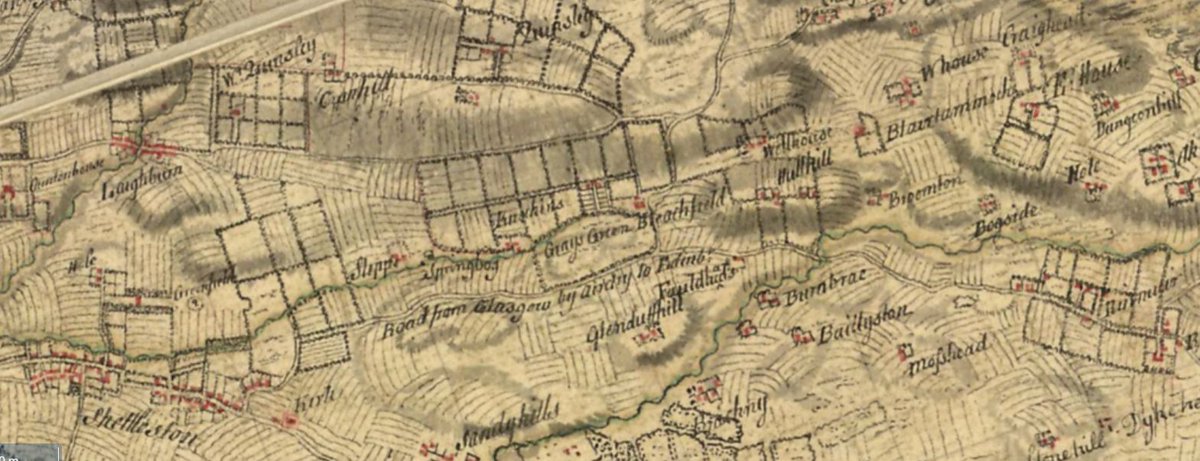
By the end of 2020, the Holyrood inquiry had held 10 oral evidence sessions, given under oath, including several with Leslie Evans, the permanent secretary; the senior civil servants involved in drafting the sexual harassment policy used to investigate Salmond; and the
officials who carried out the inquiry. MSPs heard that officials were aware of unspecified rumours about Salmond, including alleged bullying.
The government has released thousands of pages of evidence to the committee but MSPs have repeatedly accused ministers of breaching
The government has released thousands of pages of evidence to the committee but MSPs have repeatedly accused ministers of breaching
promises to do so quickly. After ministers repeatedly refused to release their legal advice on the Salmond case, Holyrood voted to insist it was handed over. The government has not given way, and the committee has only been allowed to see a summary of the advice.
Salmond has told the ministerial code inquiry that Sturgeon misled Holyrood about what she knew and when, and is guilty of breaching the code. Sturgeon and Salmond are due to appear before MSPs on oath but the latest Covid19 lockdown has led to further delays. Sturgeon has
repeatedly denied any wrongdoing, but said it is up to Holyrood and Hamilton to judge.
• • •
Missing some Tweet in this thread? You can try to
force a refresh




